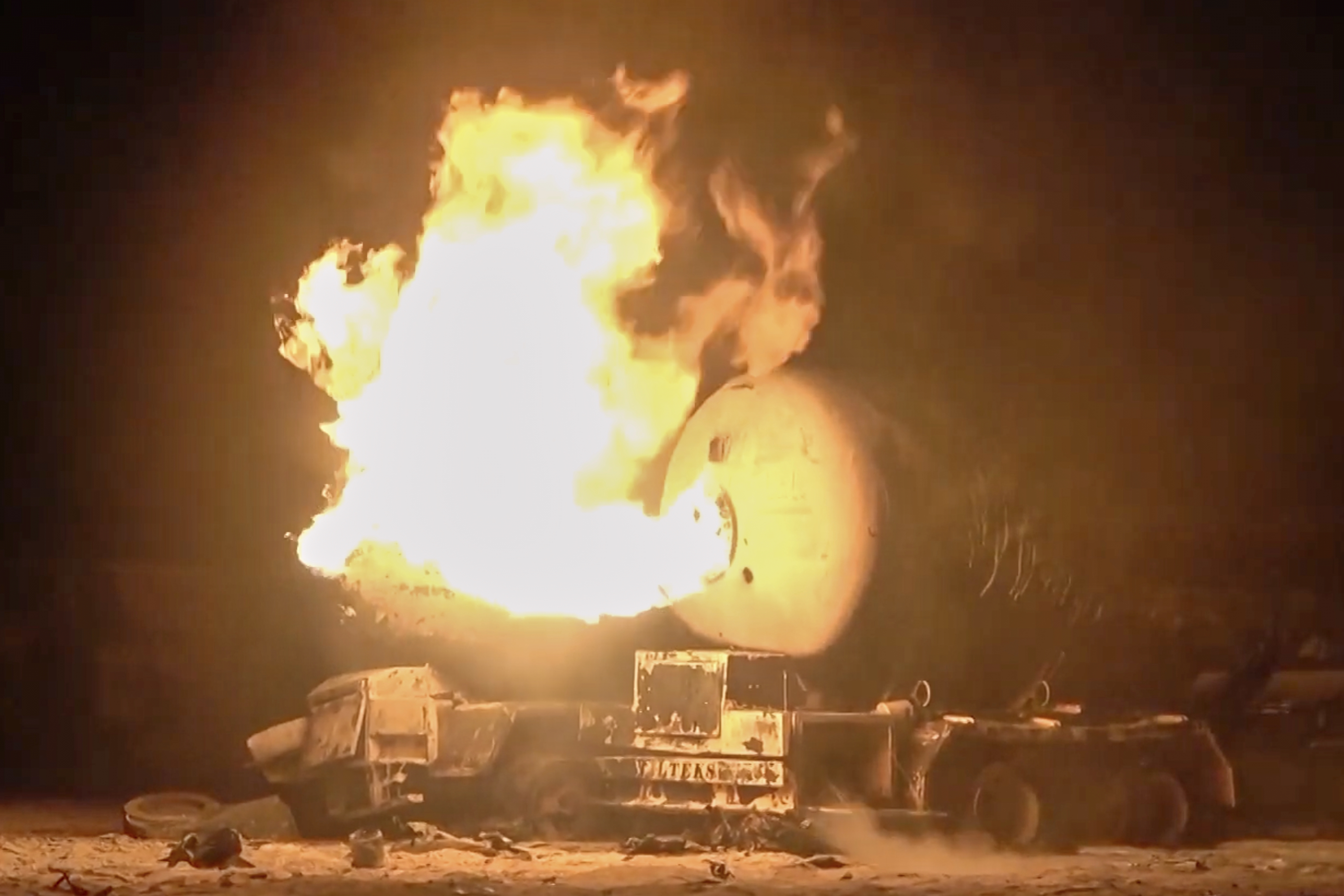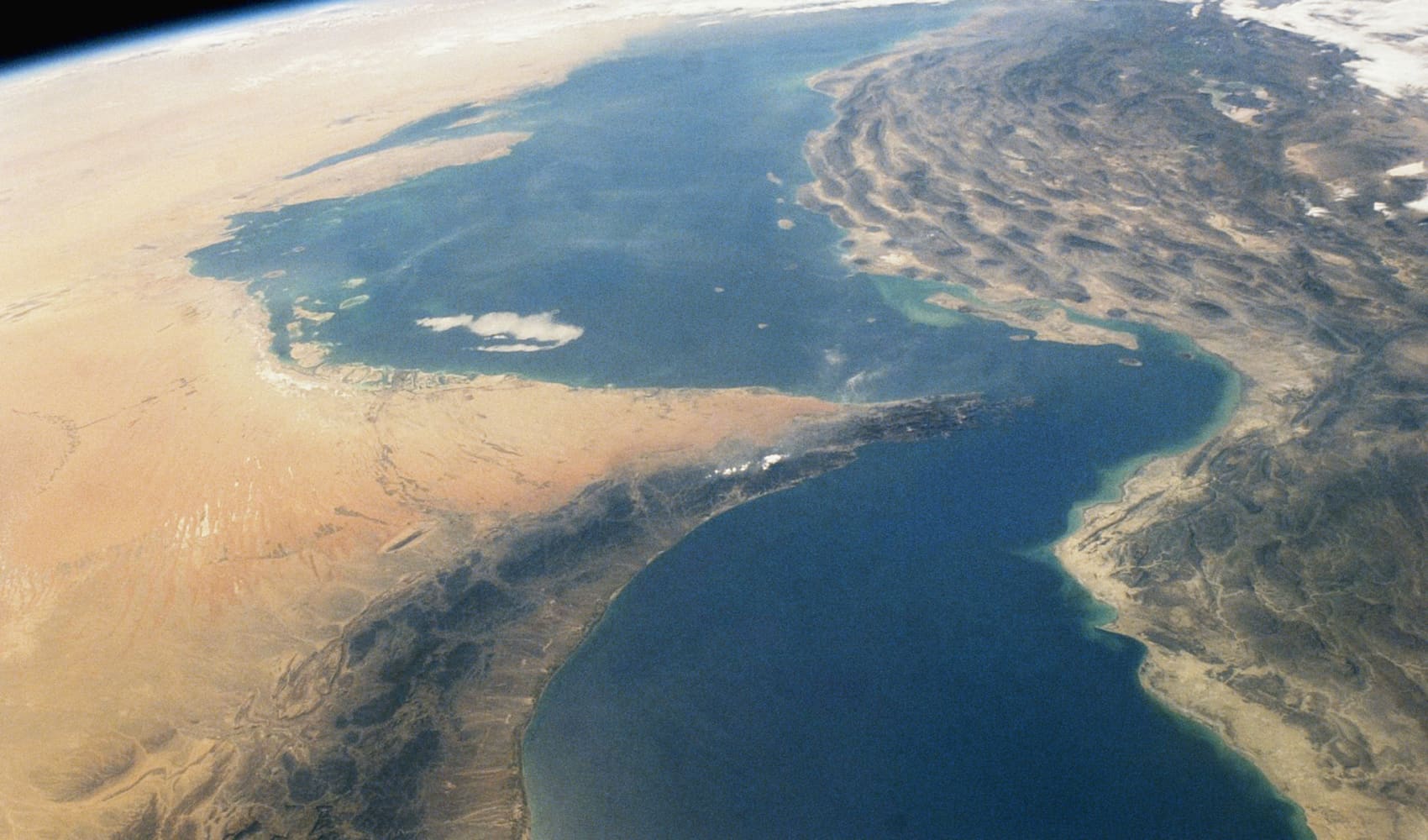US Yemen Airstrike: 74 Dead - Is This Escalation?
Bloodbath at Ras Isa: US Strike Kills Dozens in Yemen Oil Port Attack
Introduction: A Tinderbox Ignites
The Red Sea just got a whole lot hotter. A recent US airstrike on the Houthi-controlled Ras Isa oil port in Yemen has reportedly left 74 people dead and scores wounded, according to Houthi rebel sources. This isn't just another statistic; it's a potential powder keg in an already volatile region. Was this a justified response to Houthi aggression, or a dangerous escalation that could derail ongoing peace talks? Let’s dive into the details of this tragic event and its implications.
US Military Action: Targeting Houthi Capabilities
The US military, under directives that intensified last month, has been actively targeting the Houthis due to their disruptive activities. But why now? And why this specific target?
The Rationale Behind the Strikes
Washington cites the Houthis' attacks on international shipping in the Red Sea and their repeated assaults on Israel as justification for the strikes. The Red Sea is a critical artery for global trade, and any disruption there has ripple effects felt worldwide. The US sees the Houthis as a destabilizing force, actively supported by Iran, and aims to curtail their ability to project power.
Escalation or Necessary Deterrent?
Some see the US strikes as a necessary deterrent, arguing that the Houthis' actions threatened global commerce and regional stability. Others view it as a dangerous escalation that could prolong the conflict and further destabilize Yemen. Isn't there a risk of pouring fuel on the fire?
The Ras Isa Oil Port: A Strategic Target
The Ras Isa oil port is a vital economic asset for the Houthis. Why is this specific location so important?
Economic Lifeline for the Houthis
Controlling the Ras Isa port allows the Houthis to export oil, generating revenue that funds their military operations and governance. By targeting this port, the US hopes to cripple the Houthis financially, weakening their ability to wage war.
Collateral Damage Concerns
Oil ports are inherently dangerous places. The presence of fuel tankers and storage facilities means that any attack carries a high risk of causing massive explosions and civilian casualties. Was enough consideration given to minimizing collateral damage?
The Human Cost: Lives Lost and Futures Shattered
Beyond the geopolitical implications, the human cost of the airstrike is staggering. The reported death toll of 74 people is a tragedy that underscores the devastating impact of the conflict on the Yemeni people. These are not just numbers; they are fathers, mothers, sons, and daughters whose lives have been cut short.
Witness Accounts and Aftermath
Imagine the scene: massive fireballs lighting up the night sky, tanker trucks transformed into infernos, and the screams of the wounded echoing in the darkness. First responders are likely overwhelmed, and medical supplies are scarce. What is life like for survivors of the attack?
The Cycle of Violence and Retaliation
Tragically, civilian casualties can fuel resentment and anger, potentially leading to further radicalization and recruitment by the Houthis. Is there a risk that this airstrike could actually strengthen the Houthis in the long run?
Geopolitical Ramifications: Iran, the US, and Yemen
The airstrike on the Ras Isa port has far-reaching geopolitical implications, particularly concerning the relationship between Iran and the US.
Iran's Role in the Yemen Conflict
The US accuses Iran of providing the Houthis with weapons, training, and financial support, effectively making them a proxy in the broader regional conflict. Tehran denies directly arming the Houthis but acknowledges its political support for the group. How strong is this support?
The Stalled Nuclear Talks: A Tangled Web
The airstrike occurred just before the resumption of nuclear negotiations between the US and Iran in Rome. Washington has linked its Yemen campaign to Iran's rapidly advancing nuclear program. Can these issues be addressed separately, or are they inextricably linked?
The "Axis of Resistance": A Shifting Landscape
The Houthis are the last militant group in Iran's self-described "Axis of Resistance" that is capable of regularly attacking Israel. This designation shows the extent of Iran's regional influence and the interconnectedness of conflicts across the Middle East. Where does it all lead?
The Stalled Peace Process: A Dimming Hope
The Yemen conflict has dragged on for years, causing immense suffering and displacement. Is there still hope for a peaceful resolution?
Previous Attempts at Negotiation
Numerous attempts at negotiation have failed to produce a lasting peace agreement. The conflicting interests of the various parties involved, including the Houthis, the Yemeni government, Saudi Arabia, and Iran, have proved difficult to reconcile. Why are peace talks failing?
The Impact of the Airstrike on Future Talks
The recent airstrike could further complicate the peace process, making it more difficult for the parties to trust each other and find common ground. Will the Houthis be willing to negotiate after such a devastating attack?
International Condemnation and Calls for De-escalation
The airstrike has drawn condemnation from international organizations and human rights groups, who have called for an immediate de-escalation of the conflict.
Calls for an Independent Investigation
Many are calling for an independent investigation into the airstrike to determine whether international humanitarian law was violated and to hold those responsible accountable. Was this a legal strike?
The Need for Humanitarian Assistance
The humanitarian situation in Yemen is already dire, with millions of people facing starvation and disease. The airstrike could exacerbate the crisis, making it even more difficult to deliver aid to those in need. What can the international community do?
The Future of Yemen: A Crossroads
Yemen stands at a crossroads. The recent airstrike could either push the country further down the path of violence and instability or serve as a wake-up call that compels the parties to return to the negotiating table.
Paths to a Sustainable Peace
Achieving a sustainable peace in Yemen will require a comprehensive political solution that addresses the root causes of the conflict and ensures the rights and security of all Yemenis. What will it take to achieve true peace?
The Role of International Diplomacy
International diplomacy will be crucial in facilitating a peace process and providing support for Yemen's reconstruction and development. Can the international community unite to help Yemen?
Conclusion: A Call for Restraint and Dialogue
The US airstrike on the Ras Isa oil port is a stark reminder of the human cost of conflict and the urgent need for de-escalation in Yemen. The loss of life is tragic, and the potential for further escalation is real. It is imperative that all parties exercise restraint, prioritize dialogue, and work towards a peaceful resolution that addresses the root causes of the conflict and ensures a better future for the Yemeni people.
Frequently Asked Questions
Here are some frequently asked questions about the US airstrike on the Ras Isa oil port in Yemen:
- Why did the US target the Ras Isa oil port?
The US targeted the port to cripple the Houthis financially by disrupting their ability to export oil and generate revenue. The US claims the Houthis are a destabilizing force in the region. - What are the potential consequences of this airstrike?
The consequences could include further escalation of the conflict, increased civilian casualties, and a setback for peace negotiations. It could also fuel resentment and radicalization. - How does this airstrike affect the nuclear talks between the US and Iran?
The airstrike complicates the talks, as the US has linked its Yemen campaign to Iran's nuclear program. It may make it more difficult for the two countries to trust each other and reach an agreement. - What is the current humanitarian situation in Yemen?
The humanitarian situation is dire, with millions facing starvation and disease. The airstrike could worsen the crisis, making it harder to deliver aid. - What steps can be taken to achieve a peaceful resolution in Yemen?
A comprehensive political solution is needed that addresses the root causes of the conflict and ensures the rights of all Yemenis. International diplomacy will be crucial in facilitating a peace process and supporting Yemen's reconstruction.

